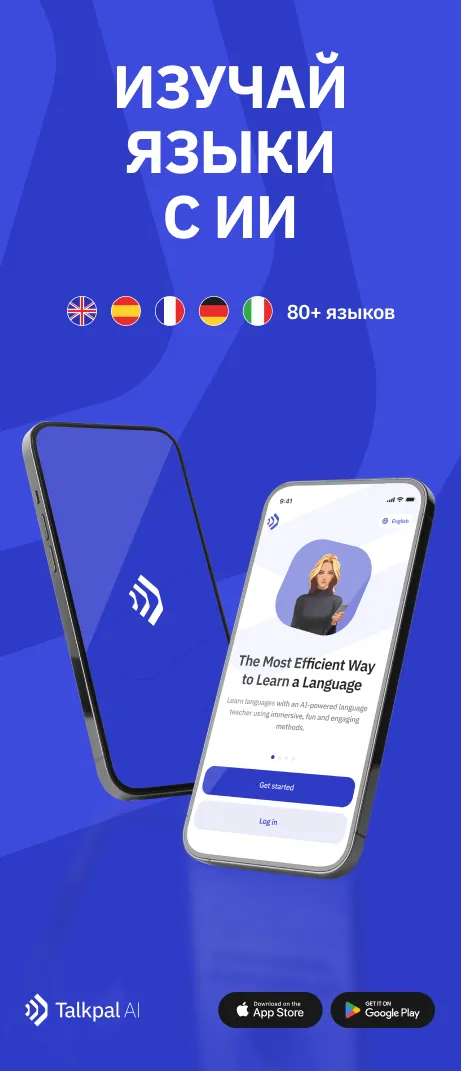Эти упражнения помогут вам закрепить знания по теме третьего условного наклонения. Вам нужно будет выбрать подходящую форму глагола для заполнения пропусков в предложениях. Обратите внимание, что правильный ответ следует заключить в две звездочки для работы интерактивного задания, а рядом с ним необходимо написать ключевое слово, которое даст подсказку об ответе.
Упражнение 1: Заполните пропуски в третьем условном наклонении
If I *had known* (know) about the traffic, I would have left earlier.
She *would have gone* (go) to the party if she hadn’t been so tired.
He *would have passed* (pass) the exam if he had studied harder.
We *wouldn’t have missed* (not miss) the flight if we had taken a taxi.
If they *had tried* (try) their best, they could have won the game.
I *would have called* (call) you if I had had your phone number.
If she *hadn’t forgotten* (not forget) her wallet, she would have bought the dress.
You *wouldn’t have fallen* (not fall) if you had been more careful.
They *would have seen* (see) the error if they had checked the document twice.
If he *hadn’t overslept* (not oversleep), he would have arrived on time.
We *could have saved* (save) more money if we had followed a budget.
If they *had understood* (understand) the instructions, they wouldn’t have made a mistake.
She *would have finished* (finish) the project if she hadn’t run out of time.
I *wouldn’t have been* (not be) upset if you had told me the truth.
If you *had taken* (take) notes, you would have remembered the information.
Упражнение 2: Выберите правильные формы глаголов для третьего условного наклонения
If I *had invested* (invest) in that stock, I would be rich now.
They *would have traveled* (travel) around the world if they had won the lottery.
If she *had accepted* (accept) the job offer, she would be working in New York now.
He *wouldn’t have felt* (not feel) so bad if he hadn’t eaten so much junk food.
We *could have met* (meet) famous people if we had gone to the party.
If they *had stayed* (stay) at that hotel, they would have had a better vacation.
You *would have improved* (improve) your skills if you had practiced every day.
If it *hadn’t rained* (not rain), the picnic would have been perfect.
She *could have avoided* (avoid) the accident if she had driven more carefully.
If I *hadn’t lost* (not lose) my passport, I would have traveled last summer.
He *would have written* (write) a novel if he had had more free time.
If we *had listened* (listen) to the weather forecast, we wouldn’t have gone to the beach.
You *wouldn’t have been* (not be) late if you had caught the earlier train.
She *would have replied* (reply) to your email if she had seen it on time.
If they *had realized* (realize) the importance, they would have acted differently.










